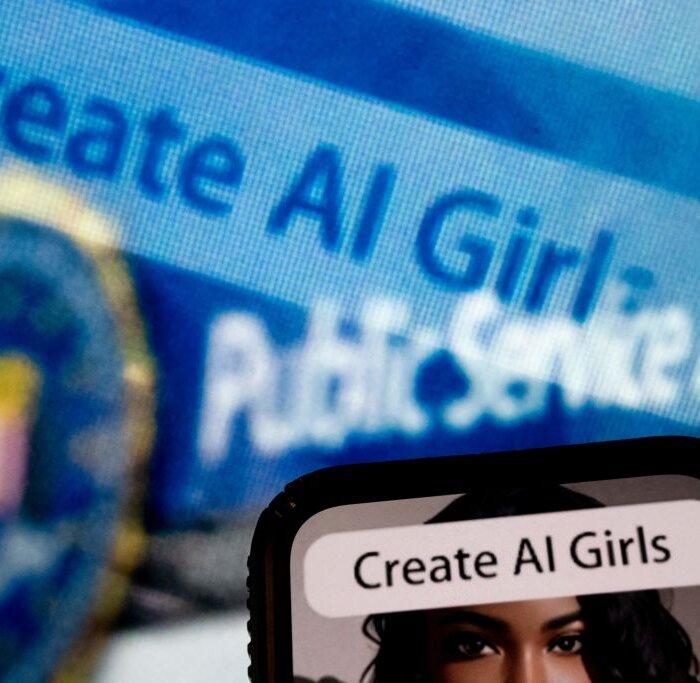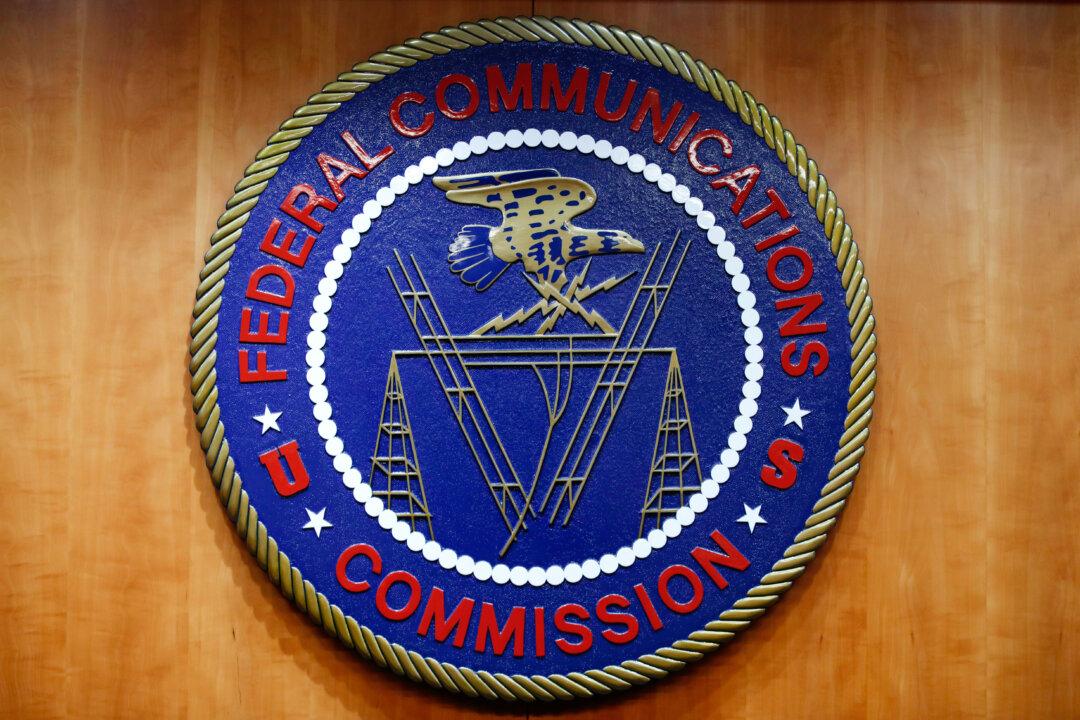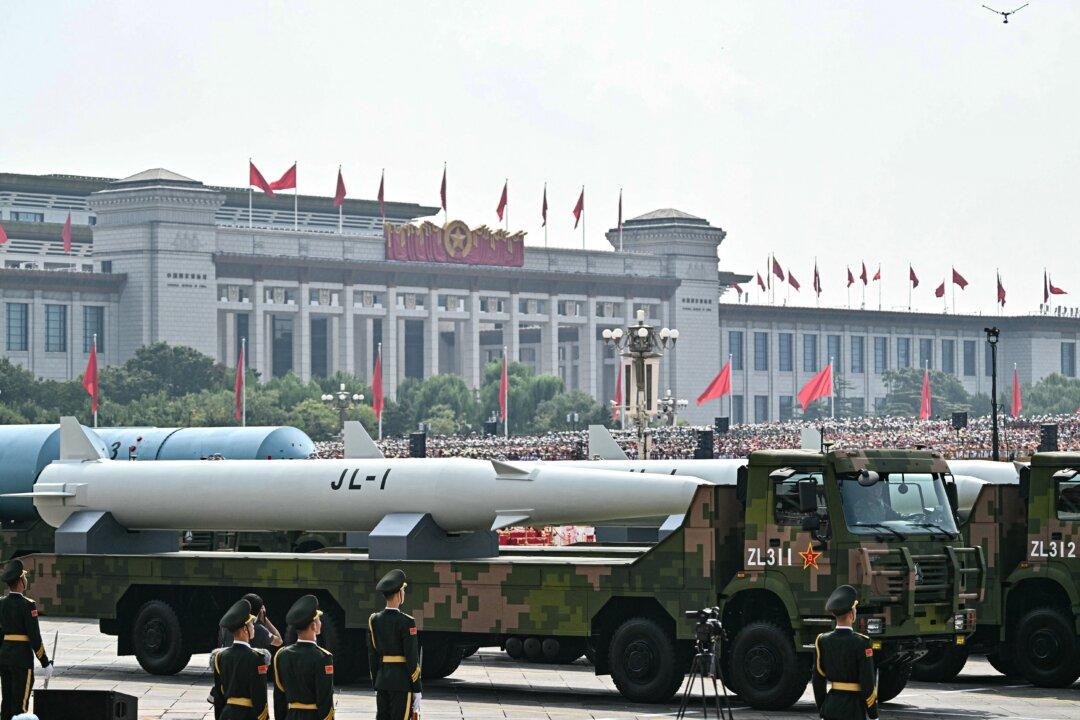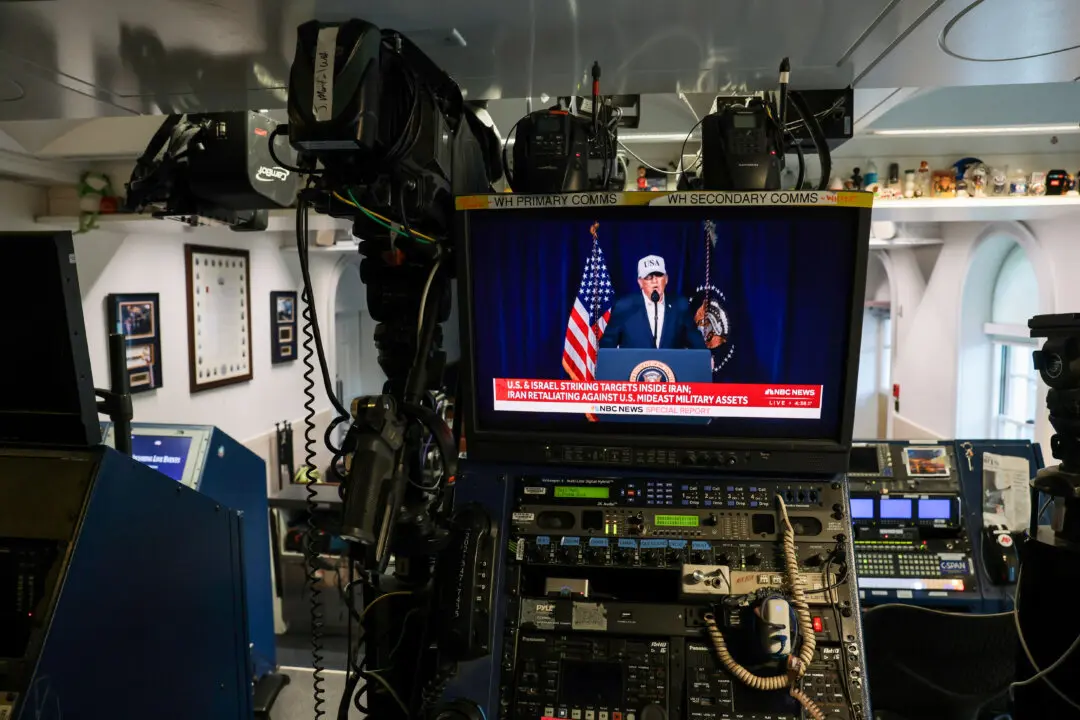Senior White House policy adviser on artificial intelligence Sriram Krishnan said on May 21 that the United States will retain export controls on China, responding to Nvidia CEO Jensen Huang’s call to ease restrictions.
This approach was carried into the Biden administration’s AI Diffusion rule, Huang said, which “in the first place, have been proven to be fundamentally flawed.”
“President Trump realizes it’s exactly the wrong goal,” Huang said.
While the administration and tech executives agree on increasing access to American chips, with Trump even brokering deals with new customers and investors, as in the recent trip, they may not agree on rolling back export controls.
In April, the Trump administration said it would restrict sales of Nvidia’s H20 AI chip to China, from which Jensen told investors they would take a $5.5 billion hit, later revising that number to an estimated $15 billion in public comments.
During the Taiwan conference, Huang said that export controls have brought Nvidia’s market share in China from 95 percent down to 50 percent.
He called on the administration to ease restrictions on chip exports to China, saying the Chinese market was estimated to be $50 billion next year.
“Our competition in China is really intense,” Huang said. “They would love for us never to go back to China.”
Huang said China has 50 percent of the world’s AI developers and that “it’s important that when they develop on an architecture, they develop on Nvidia, or at least American technology.”
“When it comes to inside China, I do think there is still bipartisan and broad concern about what can happen to these GPUs once they’re physically inside,” he said.
He added that he agreed with Huang that the limited diffusion approach had to change.
“When it comes to the rest of the world, we want American AI stack starting from the GPUs to the models to everything on top. On that, Jensen and I and us are in agreement.”
Krishnan also addressed concerns that the expanded diffusion approach would allow China easier access to American AI technology.
“These deals and these GPUs are predominantly going to be run by American hyperscalers, American cloud service providers, and American companies,“ he said, referring to the Middle East projects. ”Most of these GPUs are going to be run, hosted, controlled by American companies.”







